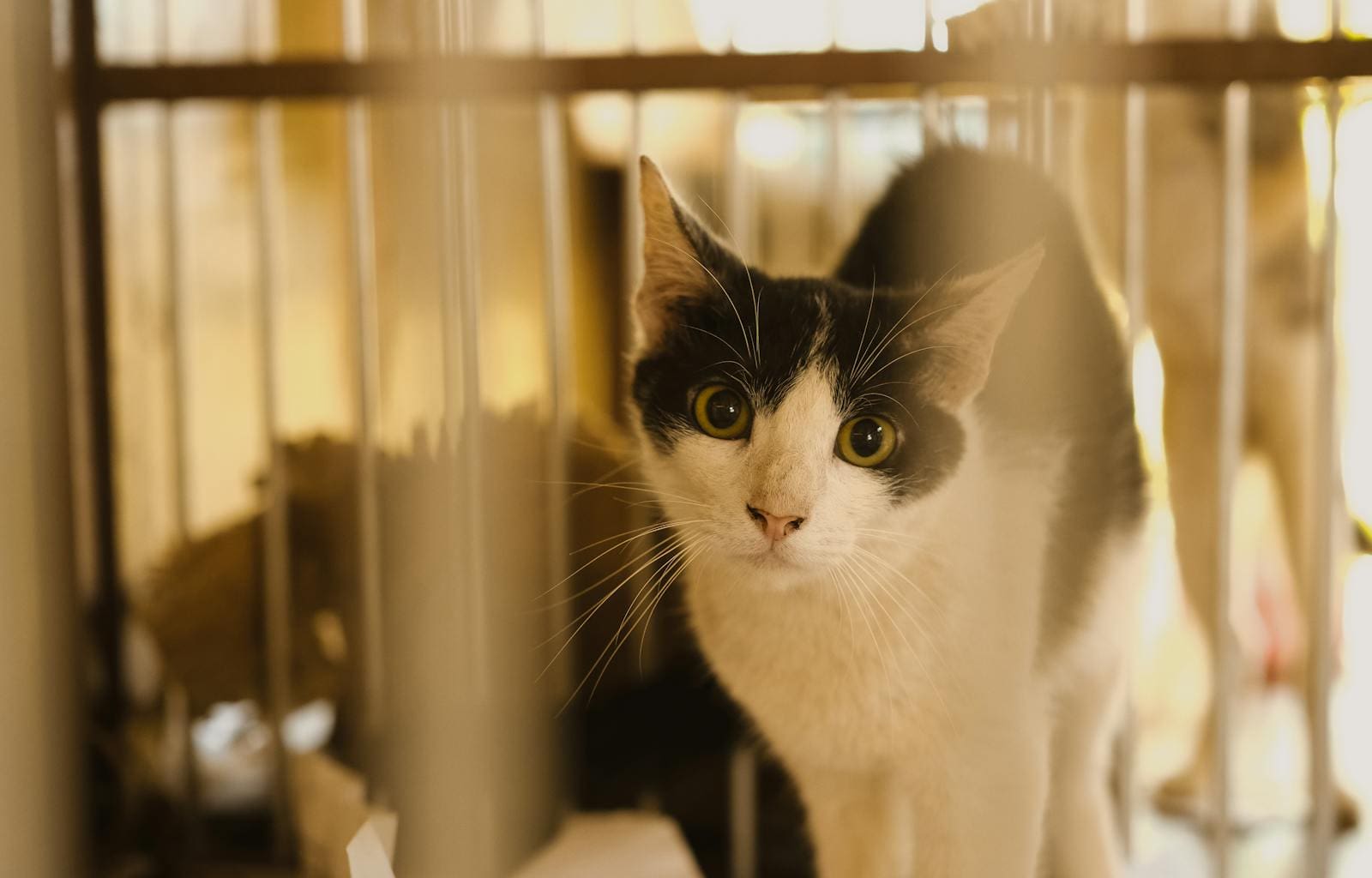Cats generally don’t travel well. Therefore, boarding can be the best option when you’ll be away from home for a while. Boarding your cat can be a pleasant experience for you both if you plan and take the right steps. Here are 10 things to know before boarding your cat.
10. Plan and Book in Advance

It’s challenging to book space at a boarding facility at the last minute for several reasons. First, availability may be limited around holidays and weekends. Second, a facility may require veterinary, vaccination, and pest treatment records in advance. Obtaining these from your vet may take time. Allow yourself at least a month in advance, and more around major holidays.
9. Tour the Facility and Interview the Kennel
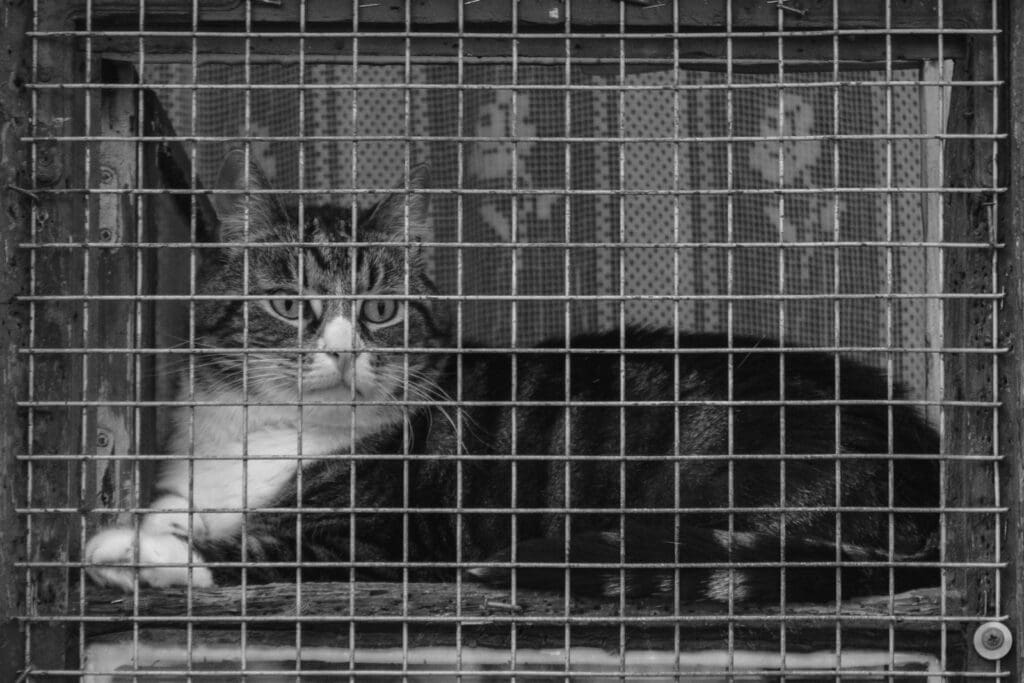
Start by interviewing the kennel over the phone to determine how long they’ve been in business. Ask for references and use them. Before you schedule the boarding, make a surprise visit or schedule a tour. Check out where the cats are boarded, space, cleanliness, food and water conditions, and if the animals seem content.
8. Check Out Reviews and Look for Recommendations

If you know someone who has boarded their cat at a facility, ask them for recommendations and their opinion. Check references. Read reviews. Don’t go for the cheapest place. Ideally, you want to choose the best place. You want the place where your cat will be the most comfortable and get the best care.
7. Determine Kennel Requirements

Each kennel will have its own separate requirements and rules. Some will require a copy of your cat’s vaccination record. They may also want a note from the vet that your cat has had treatment for pests, such as fleas. How soon in advance do they need these items? And also inquire as to whether you can provide your own food, treats, toys, blankets, or bedding.
6. Ask About Add-On Services
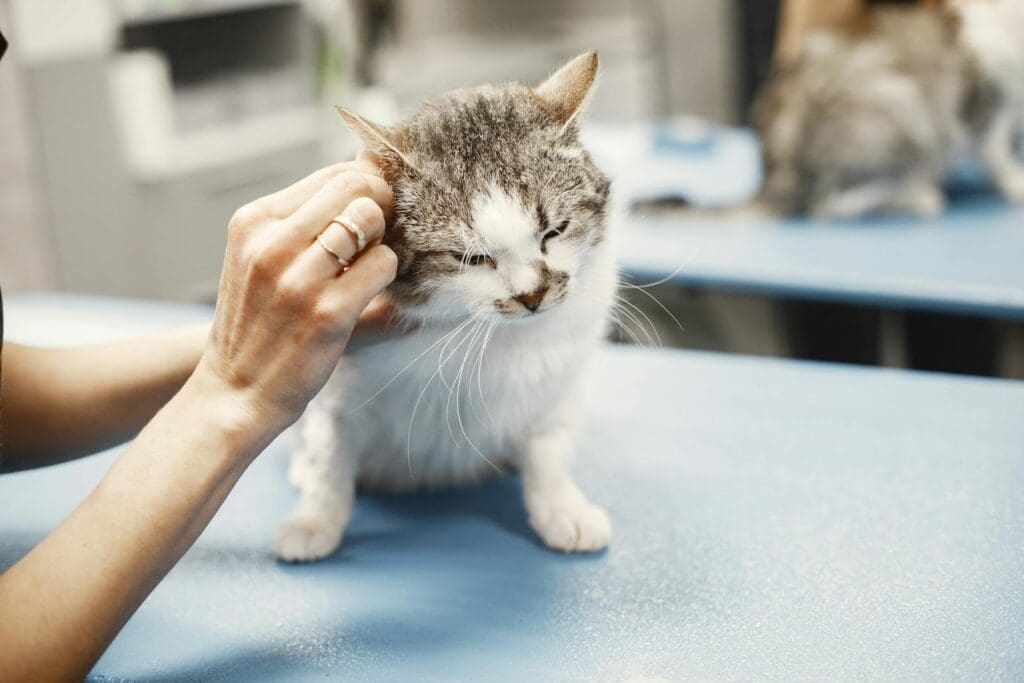
Many facilities offer add-on services. Your cat’s stay provides an excellent opportunity to address its needs such as extra brushing, bathing and grooming, dental cleaning, and more. The facility can schedule your cat to be bathed and groomed just before the time you arrive to pick it up upon your return.
5. Feeding Instructions
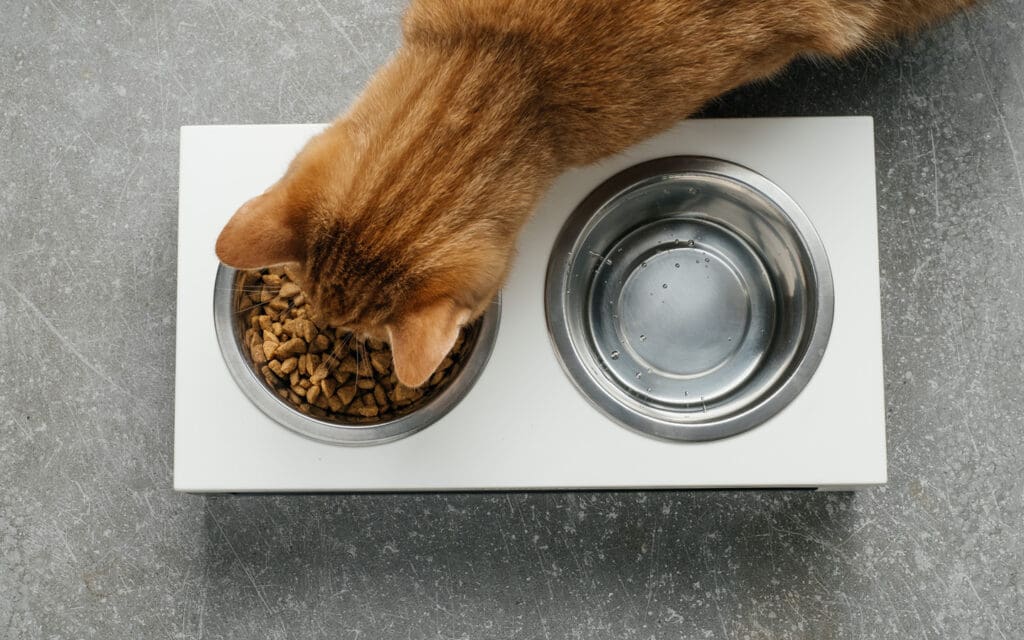
Changes to your cat’s diet can lead to gastrointestinal upset such as diarrhea or vomiting. Consider providing your cat’s own food and request the kennel to use this food. You can also specify your cat’s feeding times, most facilities will do their best to adhere to this as close as possible.
4. Contact Information

Always plan for the unexpected when you are boarding your cat. Ensure the facility has your contact information — not only your number, but anywhere you may be staying. Also, provide one or more emergency contacts who can be reached and, if necessary, make decisions if you can’t. Provide the number of your veterinarian and preferred animal emergency hospital.
3. Emergency Instructions

The facility must know how to proceed if an emergency occurs. The kennel may have a specific vet or emergency hospital it uses during overnight hours. However, you may prefer your vet and a specific animal hospital during the day. Leave your vet’s name and number. Make clear what you want and DON’T want. Leave authorization for emergency charges.
Read More: 10 Tips for Feeding Cats Who Are Finicky Eaters
2. Medical History and Special Instructions
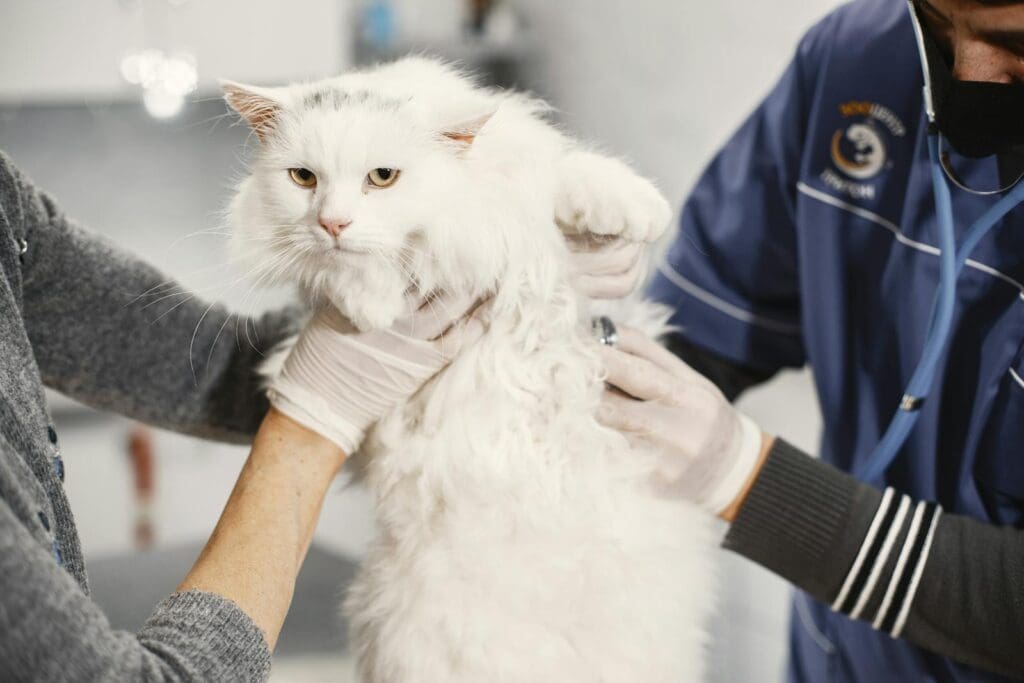
Be sure to obtain a copy of your cat’s pertinent medical record from your vet and leave a copy with the kennel. Some facilities may require this. Make sure this list includes any conditions, problems, and medications. Also leave any special instructions the facility may need such as medications, dietary restrictions, or special foods, as well as any behavioral quirks.
Read More: Can Cats and Dogs Get Colds?
1. Prepare Your Cat
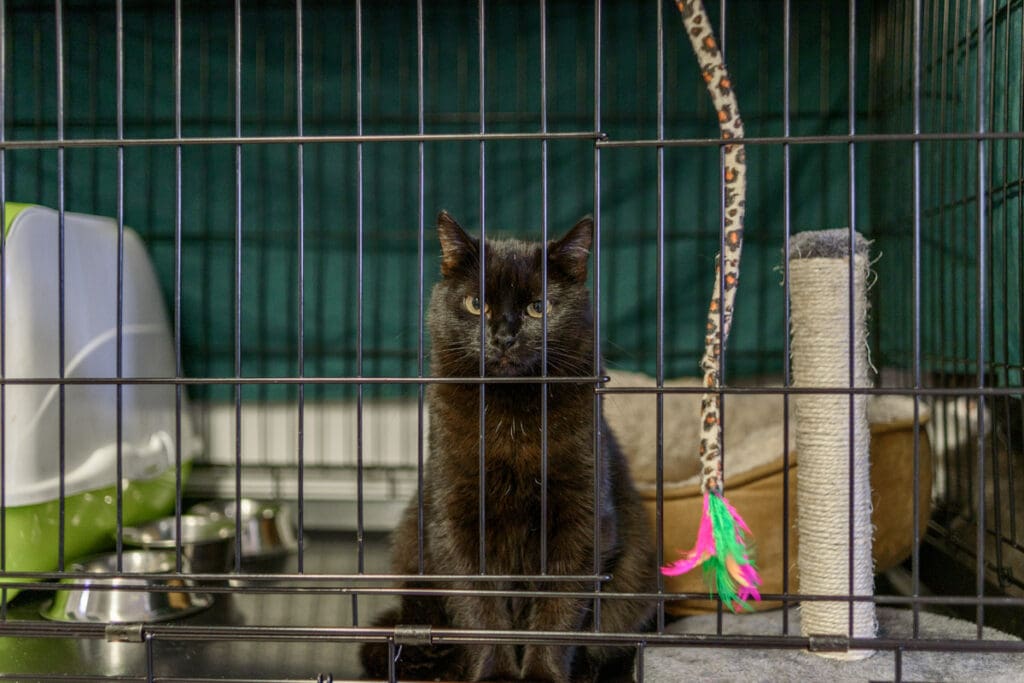
To prepare your cat for your absence bring familiar items such as bedding, toys, and food. Some facilities allow you to leave a small item with your scent to help comfort your cat. Some facilities may offer kitty pheromones. After arriving at the facility, play with your cat before leaving to create a positive association with the environment.
Read More: Ten Things to Know Before You Board Your Dog

